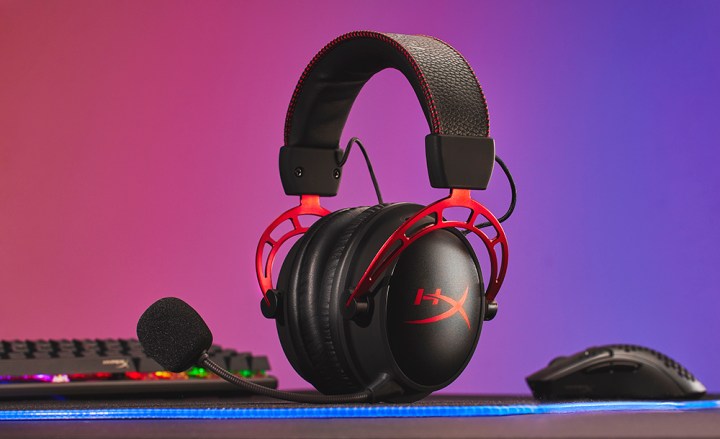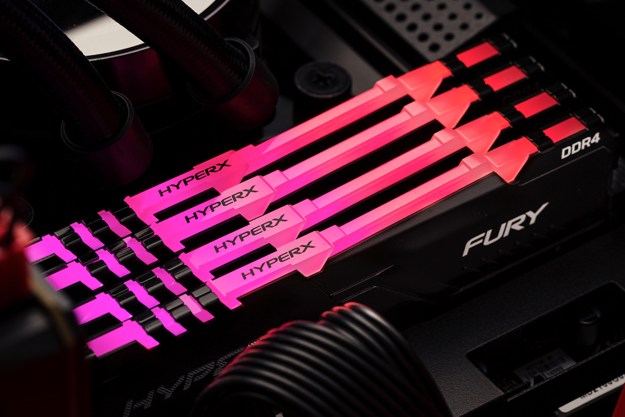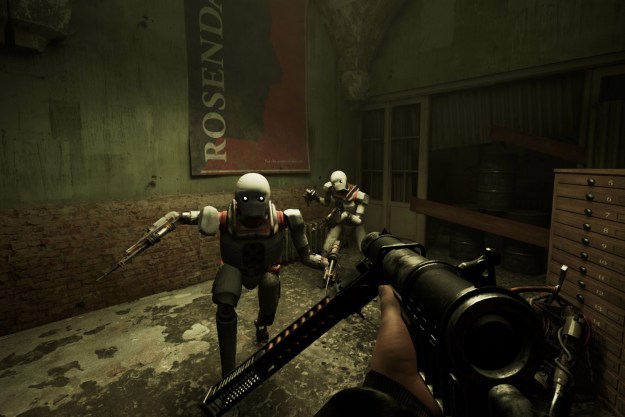Gaming accessory manufacturer HyperX showed off its latest suite of products at CES 2022, which includes new mice, keyboards, and controllers. The star of the show is the Cloud Alpha Wireless headset, which features 300 hours of battery life.
HyperX says that the Cloud Alpha is the first wireless gaming headset to offer a single charge up to 300 hours. The newly redesigned headset also features 50mm drivers that are lighter than the wired Cloud Alpha headset. Like other HyperX headsets, it’ll include memory foam ear cups, a detachable microphone, and onboard audio controls.

The Cloud Alpha Wireless is set to start retailing in February with a $200 price point.
The company is launching two more gaming headsets as well at a lower price point. The $70 Cloud Core gaming headset is expected to launch in January and features a Discord-certified microphone. The Cloud II headset should arrive in March at a $100 price point. It’ll allow players to toggle 7.1 virtual surround sound on with the press of a button.

HyperX is launching a new controller aimed at mobile gaming as well. The Clutch Wireless controller features a standard ABXY button layout and will be compatible with Android devices at launch. The package includes a USB-C to USB-A cable and a detachable phone clip that expands from 41 to 86mm. The controller can hold 19 hours on a single charge. It will be released this March at a $50 retail price.
Round out the new offerings, HyperX’s a new wireless gaming mouse called the Pulsefire Haste. The $80 gaming mouse features six programmable buttons, a 100-hour wireless charge, and TTC Golden micro switches. The company will also launch a new mechanical keyboard, the $100 Alloy Origins 65, which has a 65% form factor. Both products are expected to launch this February.
Editors' Recommendations
- CES 2024: HyperX has a new line of gaming products just for kids
- Lenovo enhances ThinkPad X1 line with audio, video, and security updates
- AMD’s 3D-stacked Ryzen 7 5800X3D is ‘world’s fastest gaming processor’
- Samsung’s Smart Monitor M8 brings wireless casting and game streaming
- HP’s Spectre x360 15 sports smaller bezels, more power, and better battery life




